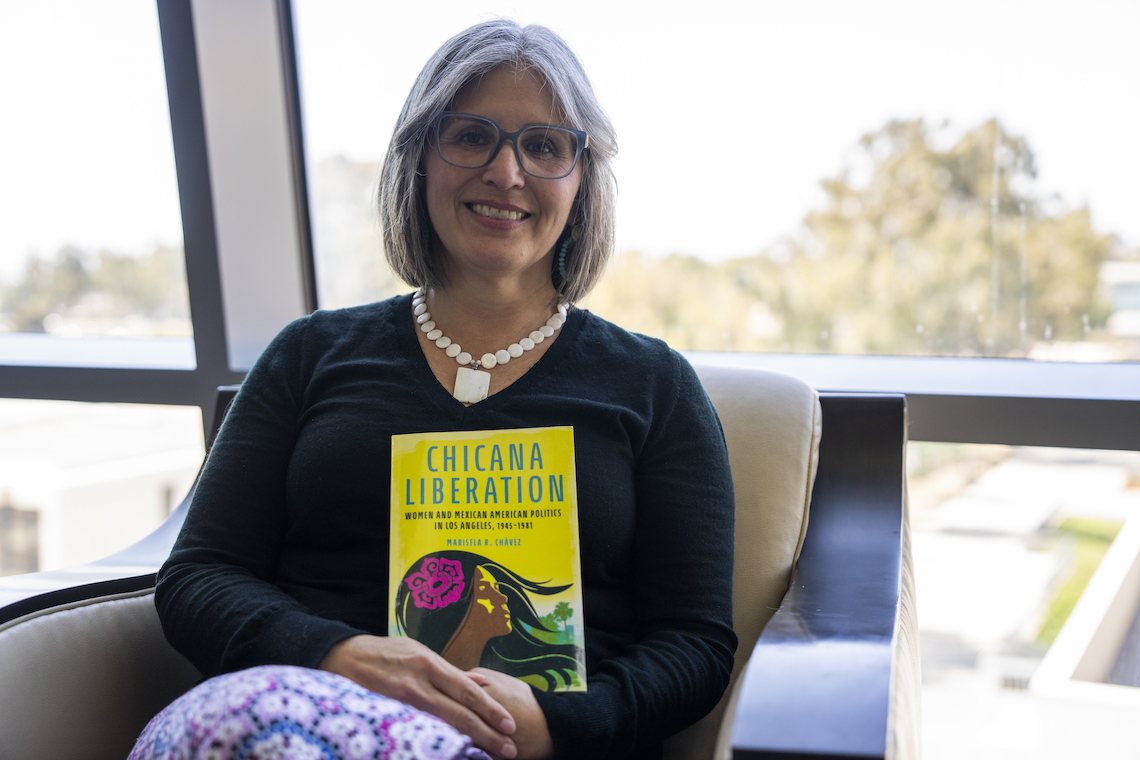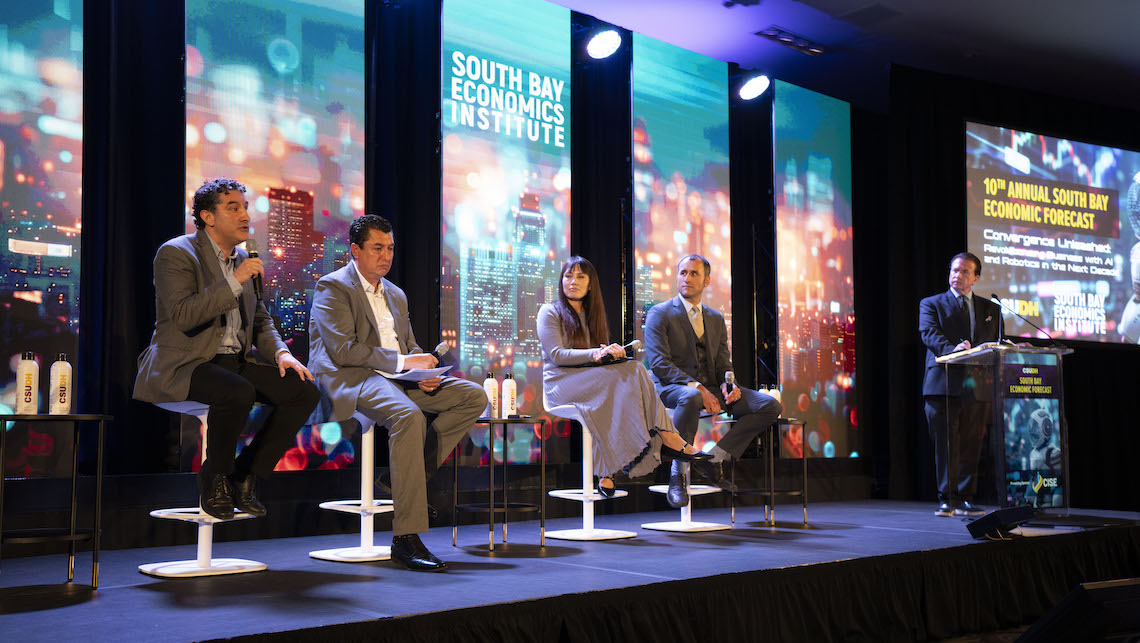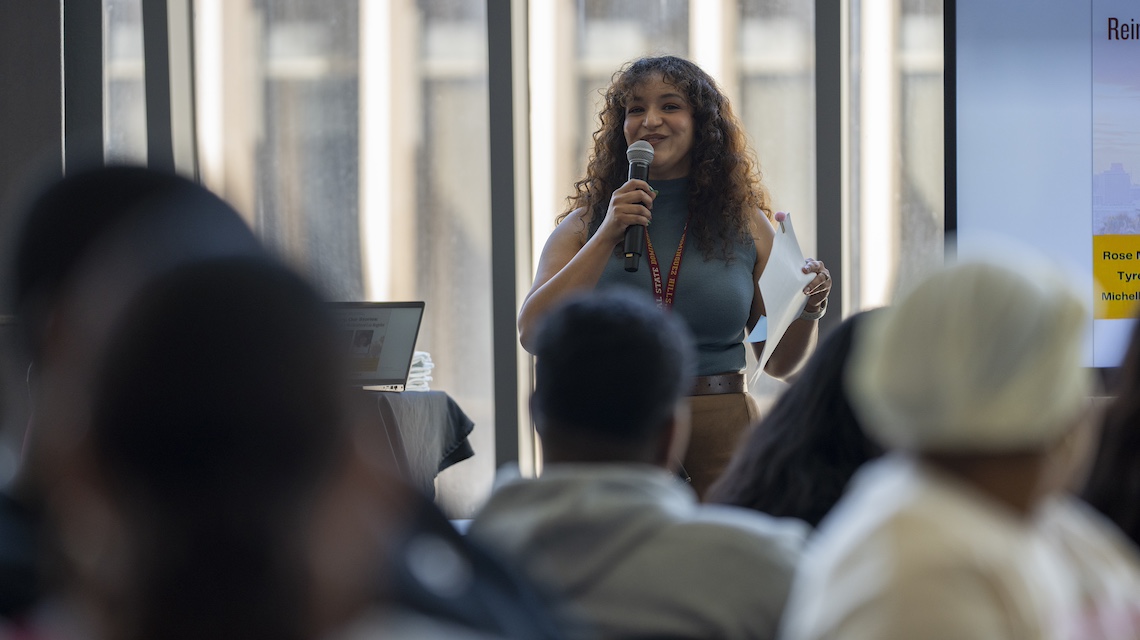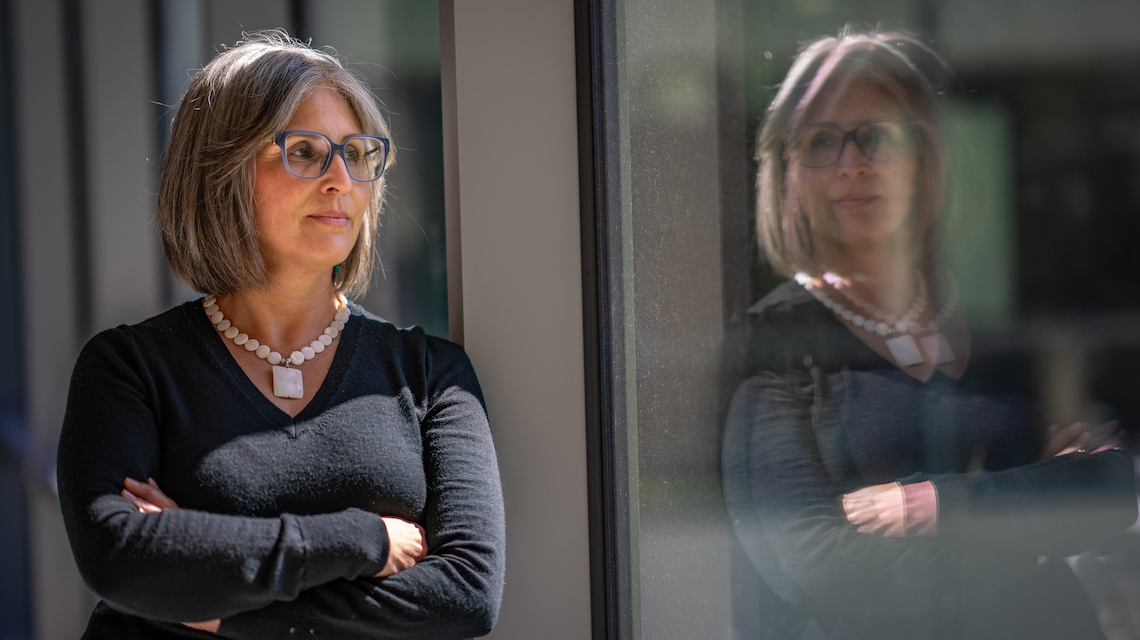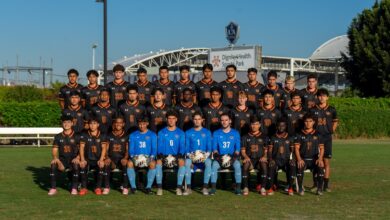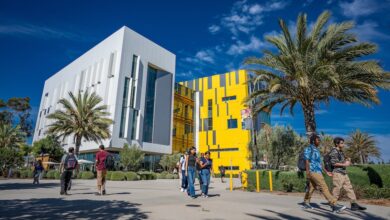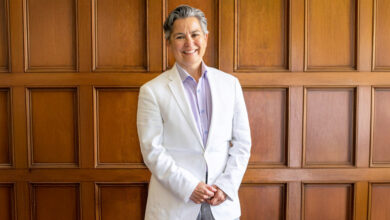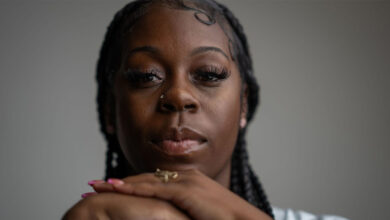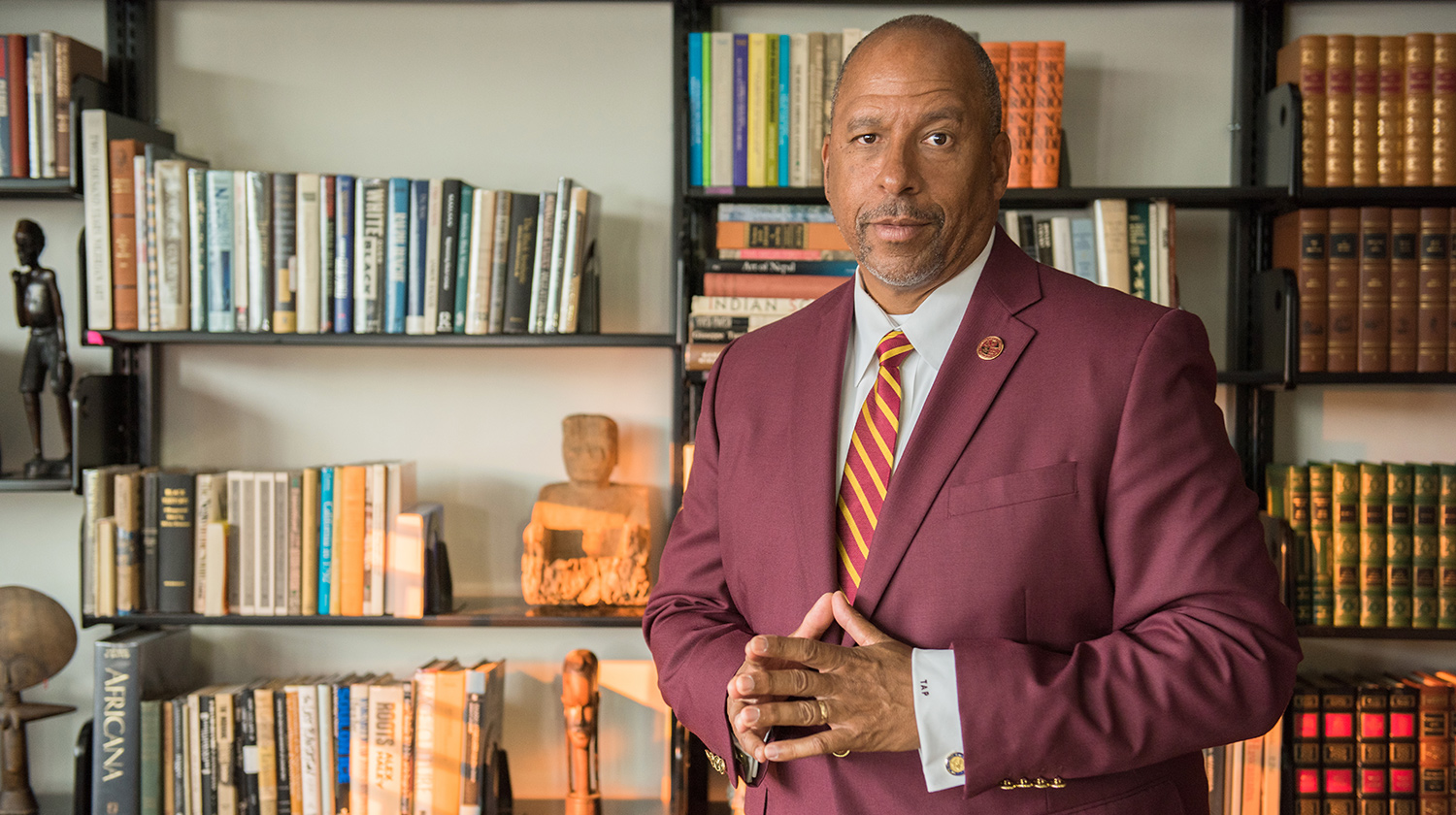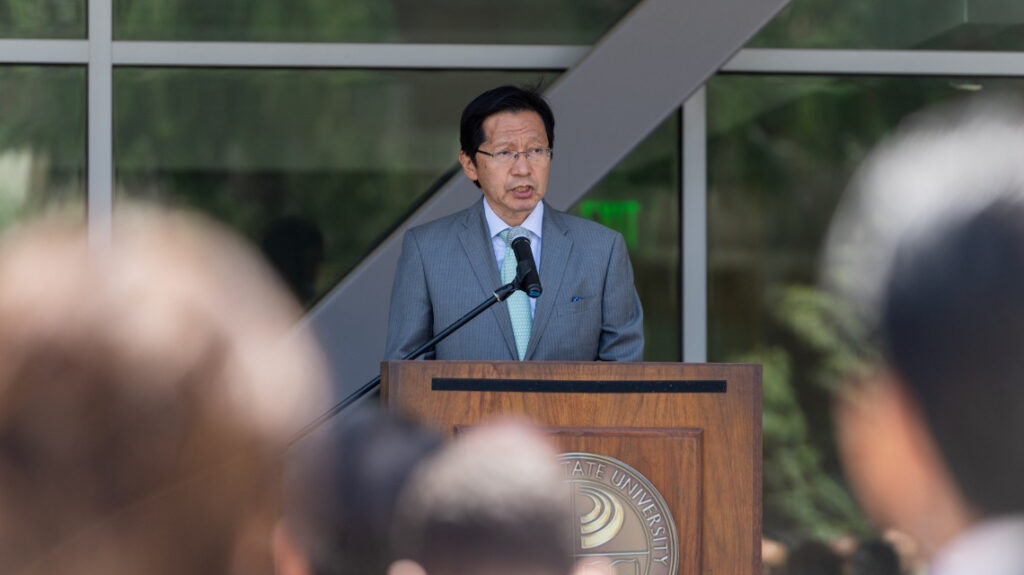
Source: Rafu Shimpo
BEVERLY HILLS – Consul General of Japan Akira Muto announced on June 30 an unprecedented, four-pillar collaboration between Japan and African American communities, pledging “a deeper kinship and mutual understanding.”
“We are just so excited by this collaboration,” reacted Michael A. Lawson, Los Angeles Urban League president and CEO and former ambassador in the Obama Administration.
Impetus for the consul general’s plan, outlined during the L.A. Urban League’s 100th anniversary celebration, stems from a series of discussions involving African American and religious leaders that began after his arrival in the fall of 2019. Less than a year later, the May 25, 2020, death of George Floyd raised awareness of the need for greater understanding.
“I felt it was very important for my consulate to get involved,” Muto said in detailing his “four pillars…that my consulate will work on with the African American community.”
The first pillar – the Japan & Black L.A. Initiative – was launched in November 2020 with Black clergy of the United Methodist Church California Pacific Conference.
“This Initiative strives to enhance mutual understanding between the Japanese and Black communities, as global citizens in God’s world. I feel it’s vital for the Japanese community to learn more about the history of Black America to get to know what the U.S. stands for,” Muto said.
“In collaboration with the UMC Black clergy, we held virtual workshops to share Japanese culture such as origami and Japan’s ‘soul food,’ onigiri. Together, we visited the California African American Museum and Japanese American National Museum.”
Muto credited Rev. Dr. Kathey Wilborn of St. John’s Church in Watts, Rev. Dr. Ken Walden of Holman UMC in the West Adams area, UMC Superintendent Rev. Mark Nakagawa, and Dr. Curtiss Takada Rooks of Loyola Marymount University with working tirelessly to support this initiative.
Muto believes that further expansion of Japanese language education is an important element in the context of the first pillar. “In addition to holding a virtual Japanese language workshop for youth in partnership with the L.A. Urban League last fall, we’ve been in discussions for the possible opening of a Saturday Japanese language class in the future to allow a wider circle of children access to Japanese language, which I hope will increase their opportunities as they grow.”
The second pillar – Japan Job Training (JJT) program – focuses on business opportunities. In conversations with Lawson, the Toyota Technical Training Center that once existed on Crenshaw Boulevard was discussed. Established after the civil unrest of 1992 and supported by U.S. Rep. Karen Bass, the center provided local youths with automotive training and new job opportunities.
Muto stated, “We are working with California State University, Dominguez Hills (CSUDH) to launch a new program with the same spirit of opportunity.”
“This new JJT program has gained the interest and support of 11 Japanese companies, six of which – Mitsubishi Electric, Suntory, Panasonic, Manufacturers Bank, ANA and REDAC Gateway Hotel – have (already) partnered with Cal State Dominguez Hills.
“This new partnership … will pursue internships and mini-internships, and on-campus company recruitment opportunities and seek a new curriculum to better prepare students through research and development of new products, which we hope will lead to the creation of new jobs,” added Muto.
“I am today happy to share that among these companies, Sony Pictures has already committed to offering two of their prestigious internships with monthly stipends to Dominguez Hills students, starting this upcoming academic year.”
For its part, the L.A. Urban League is expected to promote related business activities in the region, help improve the business climate, create a mutual benefit, and support prosperity toward improving local life.
The third pillar – youth exchange and support of next-generation leadership – is part of the Kakehashi Young Leaders program sponsored by the Japanese government. In a few weeks, L.A. City Councilmember Marqueece Harris-Dawson will lead a delegation of promising young African American leaders to Japan for a week-long visit to meet with Japanese officials and learn about Japan’s history, culture, and modern-day developments.
Delegates, selected by Harris-Dawson and Lawson, include: Diandra “Dee” Bremond, Dot education consultant and USC School of Social Work adjunct lecturer; Kristen Gordon, Kenan Advantage Group (KAG) owner and principal; Francis Roberts, Snap Inc. head of creator partnerships; Nicole Walker, Ontario International Airport Authority environmental planning manager and L.A. Urban League young professionals advocacy chair; and Prophet Walker, Treehouse co-founder and CEO.
The fourth pillar involves local institutions. In March, led by Muto, the consulate partnered with the Japanese American Cultural & Community Center (JACCC) and its president and CEO Patricia Wyatt to hold Spring Jazz Night, which featured Black and Japanese musicians playing a dynamic fusion of jazz and traditional Japanese music.
“Soon, the JACCC will launch the Bronzeville project, which will showcase the fascinating history of Little Tokyo during World War II as a hub of the African American jazz scene and bring more awareness to the shared linkages between the two communities and their mutually supportive relationship. Especially notable was how the African American community helped preserve the properties of Japanese Americans during the internment years of World War II,” Muto stated.
Muto stressed the significance of such community-building efforts. “The Russian invasion in Ukraine,” he noted, “has shown the fragility of democracy. When we need the U.S. as a beacon of democracies, the divides within the U.S. hinder this fight.
“Therefore, the Japanese community will pool resources together to support efforts within the U.S. for unity, solidarity, and deeper friendship. The four pillars I mentioned today are our humble contributions to these efforts.”

